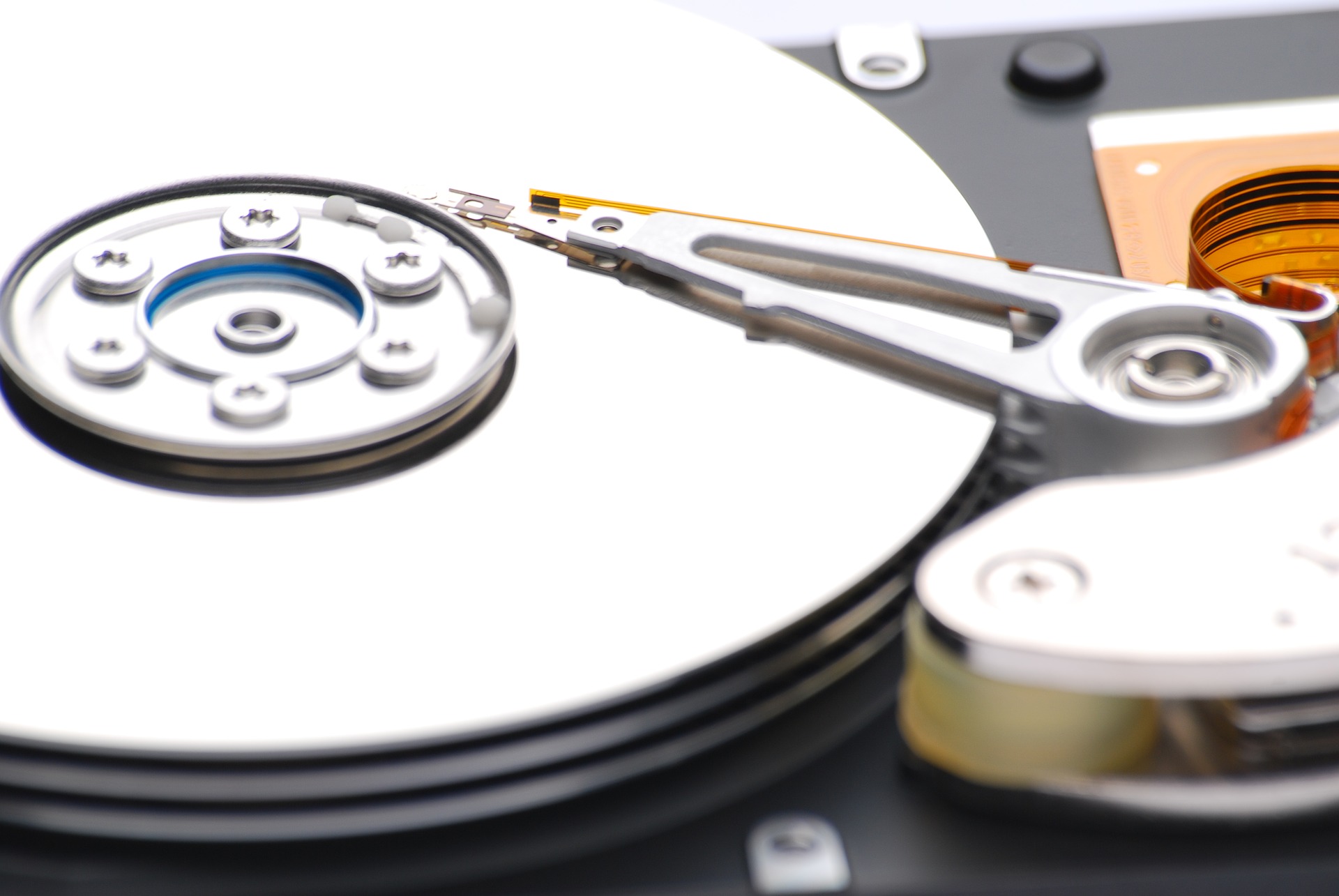
SSD vs HDD Storage for Your Dedicated Server
At MULTACOM, we offer fully customizable dedicated server and hosting options that deliver high-performance infrastructure and power for a cost-effective price. The most often asked question we receive from companies interested in our server packages is about storage. More specifically, whether they should choose a HDD (Hard Disk Drive) or SSD (Solid-State Drive) as their data storage device of choice. This decision can be complicated due to HDD and SSD differences in speed, power consumption, reliability, and cost.
While MULTACOM dedicated server clients who have big data needs or maintain large databases often choose a solid-state drive, not every company’s needs are the same.
Let’s compare a solid-state drive and a hard disk drive for your dedicated server storage requirements.
Hard Disk Drive (HDD) Storage
A hard disk drive or HDD consists of a metal disk which is magnetized to enable data to be written to or read from the disk as it spins. The read/write heads are attached to a separate actuator arm which is located above the disk. They are responsible for reading the data stored on the disk and writing new data to it.
Solid-State Drive (SSD) Storage
Unlike a hard disk drive, a solid-state drive has no moving parts. It contains a flash memory chip like a memory card or a USB flash drive, resulting in significantly faster throughput. As we have already mentioned, this is beneficial to companies with big data needs or those that keep large databases. It is also beneficial for companies who place value on productivity, efficiency, and speed.
An SSD vs. HDD Comparison
Speed
Because of the need for the HDD’s disks to spin, the maximum speed of the HDD is limited by the speed of its rotation and the use of the read/write heads. The seek time, or time it takes the drive to find the requested data on a hard disk drive, is between 4 and 9 milliseconds(ms). While this delay may not seem like much, consider the total delay incurred by a popular e-commerce website each time a customer requests information over a month’s time. Slow load times for a popular website like Amazon or a database that does sophisticated data analysis could be crushing.
Alternatively, a solid-state drive uses flash memory, so it has no mechanical moving parts. As a result, it can read and write data much more quickly and efficiently. SSD seek time delay is between 0.08 and 0.16ms. For companies that require a high volume of real time data analysis or fast load times, this decrease in seek time over the hard disk drive is critical to their efficiency and responsiveness.
Power Consumption
Any device with moving parts requires more power to run. The same is true for the rotating disks on a hard disk drive. These moving parts also cause more heat to be generated and reduce the lifespan of the device. On average, an HDD will use 5-10 watts of power.
Solid state drives generally use 1 watt of power. Since so little power is used and the drive does not generate any added heat, you will not only save money, but the life of the drive will be extended.
While the power difference does not seem like much, the addition of a large RAID 10 array will require added cooling resulting in an increase in power consumption.
Reliability/Durability
As we have already mentioned, the durability of an HDD is less that an SSD because of the moving parts. The possibility of drive failure due to mechanical malfunction, moisture, or vibration is always present and the consequences can be more significant than you may realize. For one company, waiting for a new HDD to be installed may simply be an inconvenience. For another, the possibility that critical data could be corrupted or lost because of a damaged hard drive may be insurmountable, resulting in decreased productivity or actual business losses.
Of course, every device, even an SSD, has an end of life. However, the fact that a solid-state drive does not have any moving parts makes it much less susceptible to failure.
Cost
While the price per GB for a solid-state drive is higher than a hard disk drive, the increase in SSD technology innovations and adoption rates is causing the price difference to lessen over time.
MULTACOM SSD and HDD Storage Options
MULTACOM offers both SSD and HDD storage options as part of our dedicated server packages. They include a 1TB solid-state drive or 4TB hard disk drive.
Our flexible Linux and Windows dedicated servers enable you to select the exact high-performance compute power you need. Located in our downtown Los Angeles data center, all dedicated server solutions include sophisticated security controls including DDoS protect, real-time server monitoring, 24/7 on-site support from our expert engineering team, and free remote hands.
View Our Linux Dedicated Server Packages
View Our Windows Dedicated Server Packages
Additional Resources:
- Dedicated Servers vs. Colocation Services: Real Data Center Options for Your Small Business.
- How to Convince Your CEO that Shifting to a Managed Dedicated Server Strategy is Best for Your Business.
- Dedicated Server vs. VPS: The Right Decision is About Much More Than Just Cost.
- Multacom Dedicated Server and Hosting Solutions
